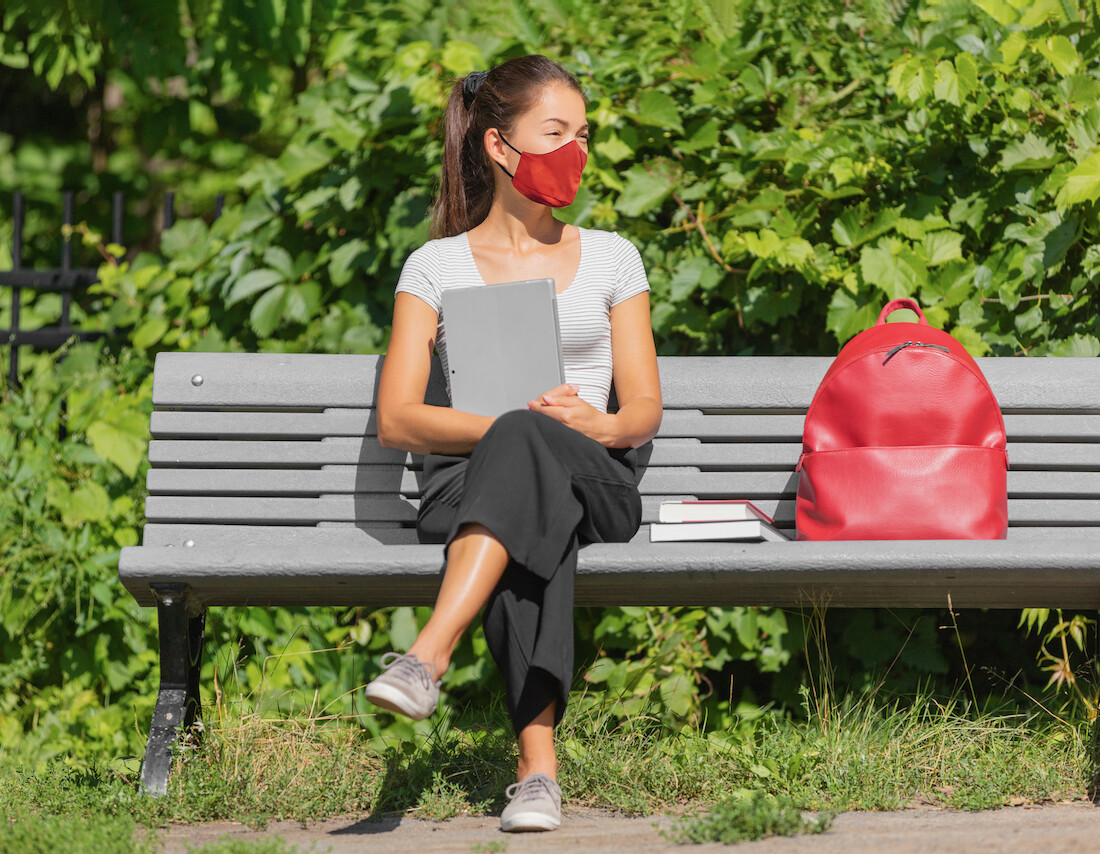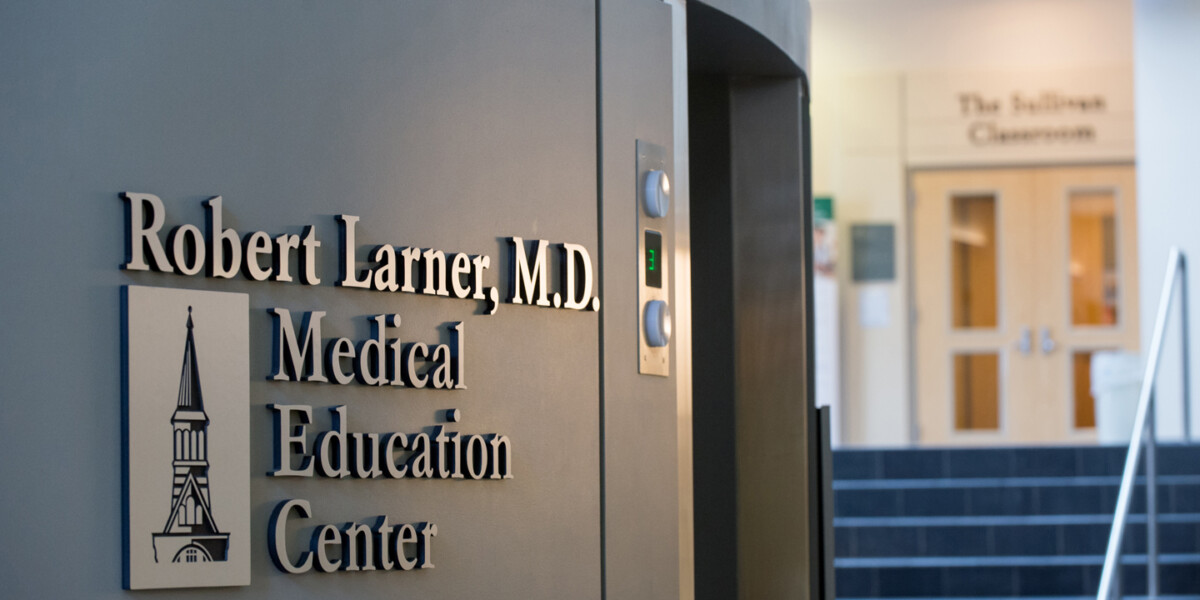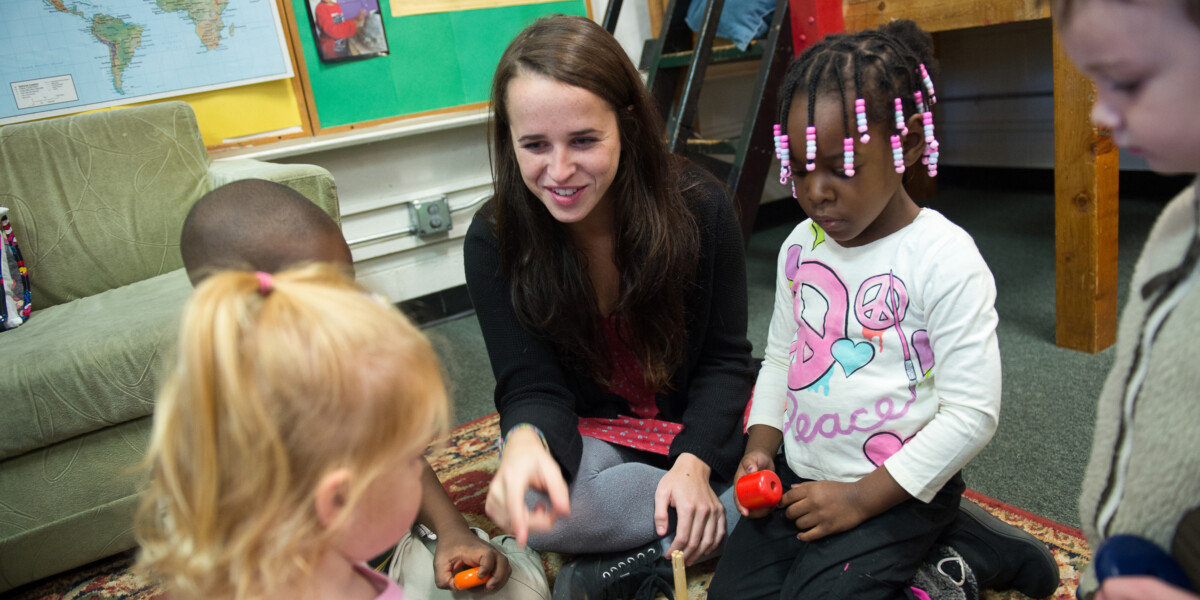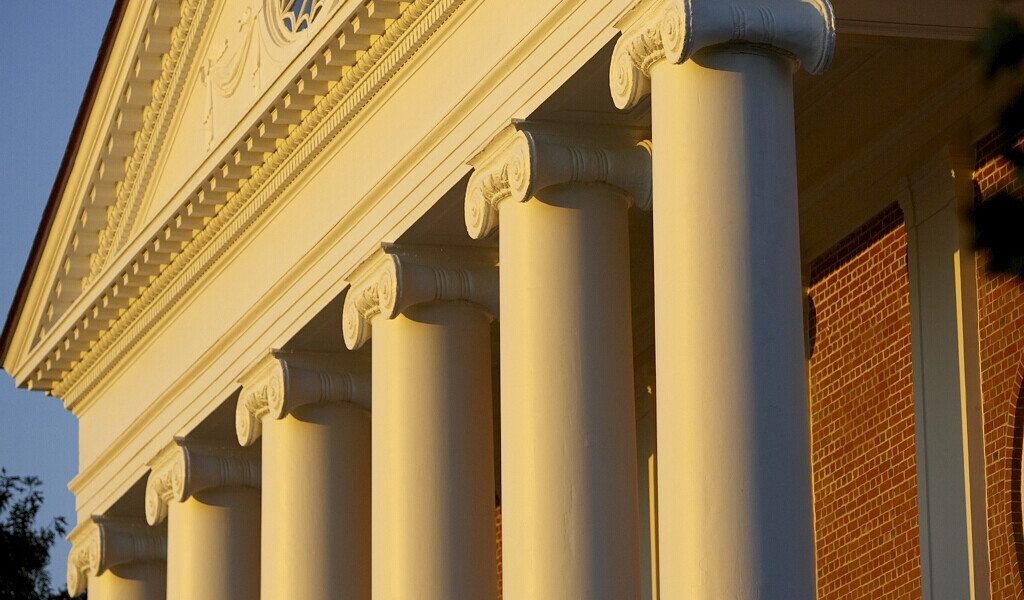
From the start of the pandemic, with the close of campuses and the shift to remote learning, postsecondary institutions have been working to ensure equal access to education for all students. This has involved adapting curricula and course content, developing applied/experiential learning opportunities in a remote context, and meeting challenges to ensure accessibility to education for students with disabilities.
Necessarily, much of this process has been reactive. However, Seth Gilbertson, Associate Counsel for SUNY in Western New York, would like to shift the focus of the discussion on accessibility to more proactive approaches. Gilbertson will open such a discussion at this year’s Legal Issues in Higher Education Conference through his presentation on ADA accommodations, as they pertain to remote applied learning.
Remote Applied Learning and Experiential Education
“Applied learning or experiential education can be student teaching, internships, externships, and clinical rotations,” says Gilbertson. It is “anything that involves taking what a student has learned in the classroom and applying it to real-world activities.”
On providing applied/experiential learning opportunities for students with disabilities, Gilbertson says that “we’ve learned a lot from the pandemic.” He explains that the pandemic required that universities solve the problem of applied learning in a remote context. From this process, “there has been a recognition that we can do more—we can do things remotely.” Gilbertson believes “that’s a good thing, particularly for students with disabilities, because it gives students more access to a wider range of programs.”
Pre-Pandemic Accommodations
The Americans with Disabilities Act (ADA) mandates that postsecondary institutions make “reasonable accommodations” to ensure equal access to education, provided that those accommodations are not an excessive burden on the institution. For many years, students with disabilities have requested remote access to courses and applied learning opportunities. Universities were often unable to make such modifications because they were beyond the scope of “reasonable accommodations”and would have resulted in fundamental alterations of the programs.
The pandemic has changed this. As the country went into lockdown, universities scrambled to make courses accessible remotely to ensure the least disruption possible to education. Gilbertson states: “Now that we have had a large-scale restructuring across all sectors in response to the pandemic, we have laid the foundation for some continuing remote access for students with disabilities in the future.”
Proactive Policies and Procedures
Gilbertson asserts that the challenge now is to “proactively identify where there will be an issue before it becomes a crisis.” To “set students up to be successful,” Gilbertson suggests the importance of “establishing a team approach for finding the right fit for students in applied learning environments.”
Early identification is key to helping students. “Often, we have students who have no problem with the academic work when they’re in the classroom, but when they go out and begin working with patients, for example, the disability that we didn’t know about becomes an impediment.” The goal is to prevent these difficulties: “We don’t want to be surprised, and we don’t want our students or partners to be surprised. We want to make sure we have a trusted partner ahead of time that can work with our students and help them be successful.”
“We’ve learned a lot throughout the pandemic,” says Gilbertson. “Let’s use that knowledge and those tools to help us prepare for the (hopefully) post-pandemic world.”

University of Vermont Legal Issues in Higher Education Conference
This will be Gilbertson’s 13th year attending and presenting at the Legal Issues in Higher Education Conference. Gilbertson believes this is an important conference as it brings together “a mixture of people from all over campus, unlike any other conference I am involved with.” Individuals working in academic and administrative departments, as well as those working directly with legal issues, will offer “diverse perspectives on the issues,” including remote learning.
With a focus on applied/experiential learning in a remote context, Gilbertson looks forward to contributing to the conversation on how universities can be more proactive in their approach to identifying, anticipating, and accommodating students with disabilities.
Learn more about topics covered at the conference. The deadline to register for the conference is October 15th.




